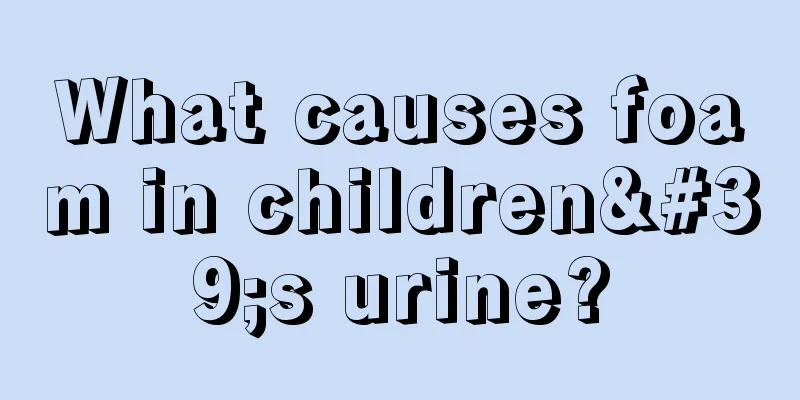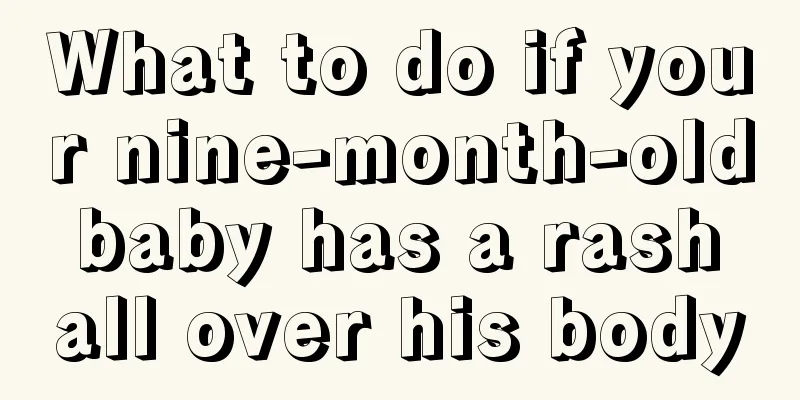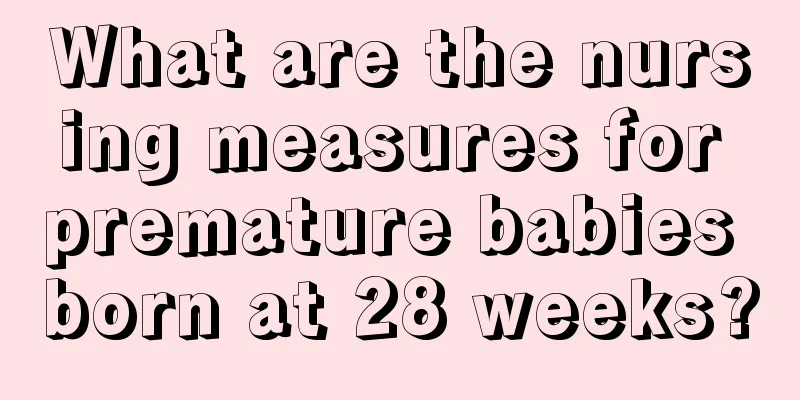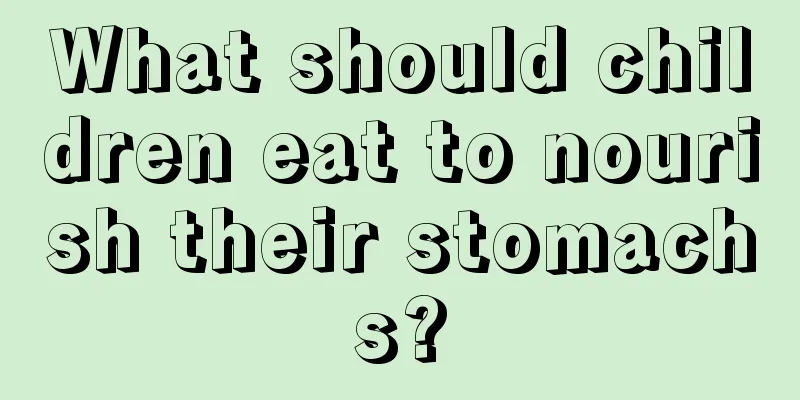What are twitching and shaking after falling asleep?

|
Twitching or shaking after falling asleep is a very common phenomenon. It may happen to both adults and children. It is a natural phenomenon, but if it happens frequently, it must be taken seriously. It may be caused by disease. There are many types of convulsions, and different types have different symptoms. If you want to confirm the diagnosis, it is best to go to the hospital for a check-up.
Occasional twitching or shaking is a normal phenomenon that occurs during REM sleep during the night. "Rapid eye movement" is the time when people dream. This period only accounts for about 1 hour of the entire sleep. During this period, the human brain has not fully entered the awake state, and the unconscious commands of the cerebellum are sometimes executed unconstrained, manifesting as short-term unconscious movements, which are referred to as twitching during sleep. It may be caused by physical discomfort, irritability and other reasons. When a person is under great mental stress and his subconscious mind still exists, his body will suddenly twitch. Many babies will experience twitching when they sleep. There are many reasons why babies twitch when they sleep: 1. It may be a normal sleep phenomenon, such as a newborn startle; 2. It is possible that the child is suffering from restless sleep due to calcium deficiency. In severe cases, the child may also experience twitching of the hands and feet. 3. It may also be caused by epilepsy or certain genetic metabolic diseases.
What are the basic concepts and symptoms of convulsions? What are the most common manifestations when we have convulsions? Let me give you a detailed introduction below. Convulsions are manifestations of involuntary movements and pathological phenomena of neuromuscular diseases, manifested as involuntary contractions of skeletal muscles. The following are common clinically: convulsions, tonic spasms, myoclonus, tremors, choreiform movements, athetosis, torsion spasms, fasciculations, and habitual tics. Traditional Chinese medicine believes that the main causes and pathogenesis of convulsions include internal accumulation of heat and toxicity, disturbance of wind-yang, penetration of wind-toxicity into the collaterals, and deficiency of yin and blood. It is commonly seen in brain diseases, infectious diseases, poisoning, intracranial injuries, syncope, eclampsia, postpartum spasm, infantile convulsions, tetanus, rabies and other diseases. When the clinical diagnosis of a disease characterized by convulsions is still uncertain, convulsions to be investigated can be used as a preliminary diagnosis and dialectical treatment can be carried out. There are many causes of convulsions and many symptoms, the main ones are: fever, constipation, phlegm in the throat, yellow phlegm, yellow and greasy tongue coating, high fever and thirst, constipation and abdominal distension, macules, red tongue, irritability, red eyes, bitter mouth, restlessness and insomnia, blood deficiency, frequent convulsions, frequent convulsions, excessive phlegm, excessive phlegm, poor appetite, abdominal distension, cold limbs, loose stools, clenched jaws, opisthotonos, whole body spasms, twitching of upper and lower limbs, irregular attacks, and clear consciousness. |
<<: Does your child's hands and feet shake when he falls asleep?
>>: Your child has a fever and is shivering all over?
Recommend
What should I do if my baby's gastrointestinal motility is not good?
Compared with adults, babies are much weaker and ...
Why does a child’s penis become red and swollen?
If a child's penis becomes red and swollen, p...
What are the physical methods to reduce fever in children?
When a child has a fever, physical cooling method...
9 month old baby has viral fever
The change of seasons and the sudden drop in temp...
Tips to get rid of diapers at night
The baby's skin is very delicate and can be e...
What causes hematuria in children?
Urination is a very important physiological behav...
What to do if a child has lumps of flesh on his body
There are only a few reasons why flesh grows. The...
What causes itchy backs in children?
In daily life, itching on the back is a very comm...
The reason why babies have phlegm sounds when they sleep
Babies need a better environment when they sleep,...
Treatment options for progeria in children
Some of you may have heard of a disease called pr...
How old does a baby have to be to stop spitting up milk?
Spitting up in babies is a relatively common phen...
What causes redness around the child's mouth?
Children are more naughty and often have traces o...
What to do if your baby can't speak clearly
In daily life, every couple in every family wants...
Is it better to use nebulizer or take medicine for children's cough?
Children's colds and fevers are very harmful ...
Newborn baby not feeding overnight
Newborns feel hungry very easily, so they need to...









